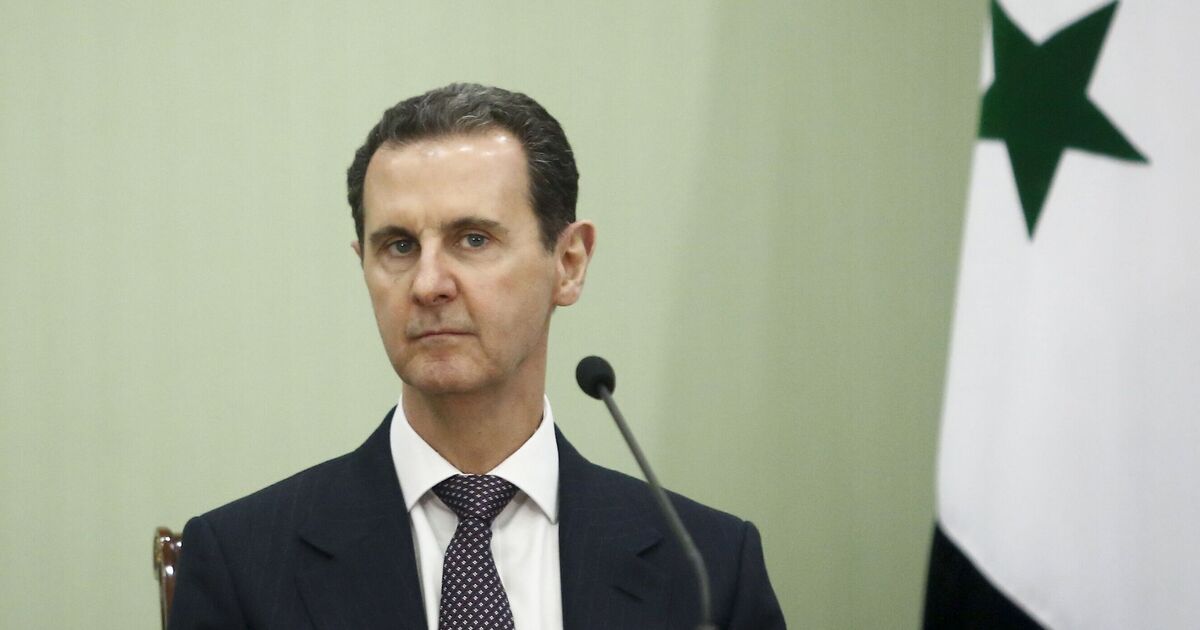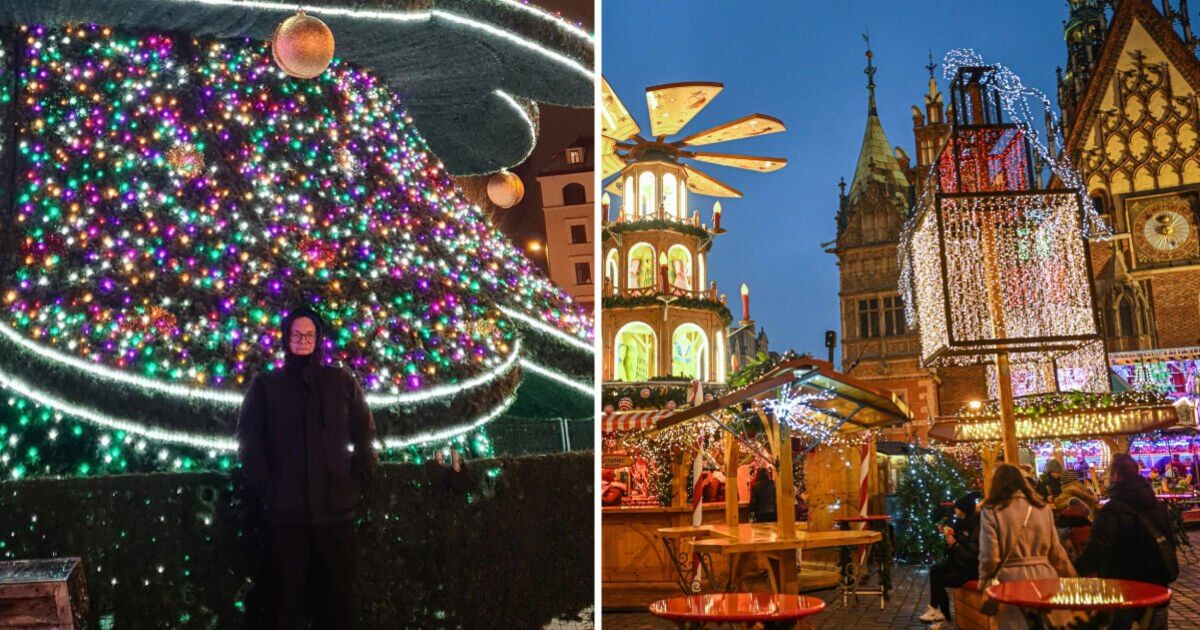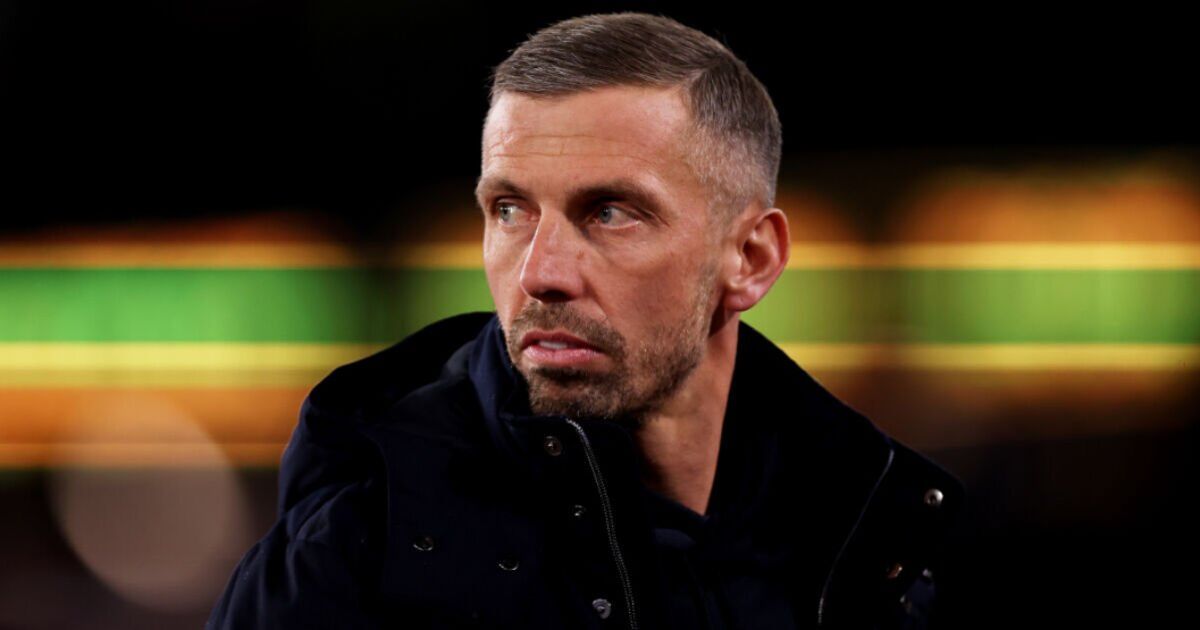FALLEN Syrian dictator Bashar Assad may not be as safe as he thinks in his new sanctuary, experts warned last night.
The overthrown war criminal – dubbed the “butcher of Syria” after mass killings, chemical weapons attacks and ethnic cleansing campaigns – was whisked to Russia last week as forces belonging to the militant Haya al-Kashir al-Sham group (HTS) closed in on Damascus.
“Right now, Assad is a Russian chip that could possibly serve in future, particularly when it comes to negotiations with the Syrian government regarding the status of Russian forces in Syria,’ said regional expert Megan Sutcliffe.
“But the moment he becomes more of a liability to them, he will be in substantial danger.”
A former doctor who trained in London to become an ophthalmologist, Assad boasts a personal fortune of £1.5bn in offshore accounts and shell corporations, and already owns 18 apartments in Moscow’s sleek skyscraper district.
But although he was once famously pictured embracing Putin at the Bocharov Ruchey State residence in Sochi, the Kremlin has let it be known that it was Assad who begged for sanctuary in those final days.
There have been no public displays of affection between Putin and Assad this time.
Indeed, the Russian premier pulled no punches by making it clear that, unlike Assad’s forces which failed to resist the insurgents, Russia’s troops would not be defeated.
But the fall of the Assad regime presents a problem for Putin, who had deployed thousands of troops to Syria in 2015 to help the dictator hang on to power amid a civil war.
Putin’s support was never unconditional.
In return for it, Assad granted Russia almost 50-year long leases on key military bases, including the Khmeimim air base and the strategically vital naval base in Tartus,
Satellite images on Monday revealed that five Russian warships, including three frigates and at least one submarine, which had been stationed at the base just days before, had already abandoned it.
The loss of that base means the loss of Russia’s only maritime logistical hub in the Mediterranean, which will severely impact the Kremlin’s power projection capabilities in the greater Middle East and the African continent.
And yesterday Russian cargo planes were spotted leaving the Khmeimim air base, whilst satellite images showed helicopters and air defences being disassembled.
Last night Moscow was locked in feverish negotiations with HTS to maintain its military presence in Syria. While some sources in Turkey maintained a deal was close, both HTS and Kremlin officials refused to comment, with other sources maintaining that any understanding “could still change amid the instability in Syria”.
As an International pariah, Assad’s options for sanctuary were limited to Iran or Russia. His choice is said to have been made because of Assad’s personal secularism and his belief that Putin can better protect his family from extradition or any other attempts by the international community to bring him to justice.
Much like former Ukraine president Viktor Yanukovych, who lives in luxury in an salubrious Moscow suburb since his ousting during the 2014 Maidan Revolution, Assad is expected to lead a sheltered but comfortable life within the gates of a private estate heavily guarded by security – as long as Putin remains in charge.
But his benefactor may yet turn on him.
Megan Sutcliffe of the Sibylline strategic risk group, said: “I think that there is always certainly a great degree of financial cooperation between him and the financial elites within Russia.
“But as time goes on, Assad will face greater threats to his personal security as and when he becomes any form of a liability to Russia,
“And the moment he becomes more of a liability to them then he will be in substantial danger.”
One pinch point may occur if Syria’s new de facto rulers – interim PM Mohammed al-Bashir and HTS leader Abu Mohammed al-Jolani, – demand the return of Assad to face trials for his crimes.
“If Putin wanted thought they were going to get enough out of selling Assad down the river – like keeping their military bases in Syria, which is a massive thing for them.- he may well decide to deal with Assad’ said Russia expert Keir Giles of the Chatham House tank tank said:
“This would also show the rest of the world how Russia stands up for people against their murderous dictators.”
While it is unlikely that Putin would ever agree to a formal handover, other solutions may present themselves in Russia, where the defenestration of state challengers has become commonplace.
“If Russia starts to give away former presidents who find refuge in Russia, then probably no one would ever escape to Russia,“ said Yuri Felshtinsky, author of the book Blowing Up Ukraine.
“Assad is a major advantage for Russia. He’s a guy with connections, and he is the guy with information, and he is a guy with secrets. Russians will need some time to squeeze whatever information from him.”
Felshtinsky, who wrote the 2002 bestseller Blowing up Russia with assassinated dissident Alexander Litvinenko, added: “But does it mean that he is absolutely safe in Russia? Of course it doesn’t.
“If for one or another reason Putin would come to a conclusion that it’s better to have him dead, then Assad would be dead. But I doubt that they will send him back to Syria.
“Dead or alive, Assad will remain in Russia.”









